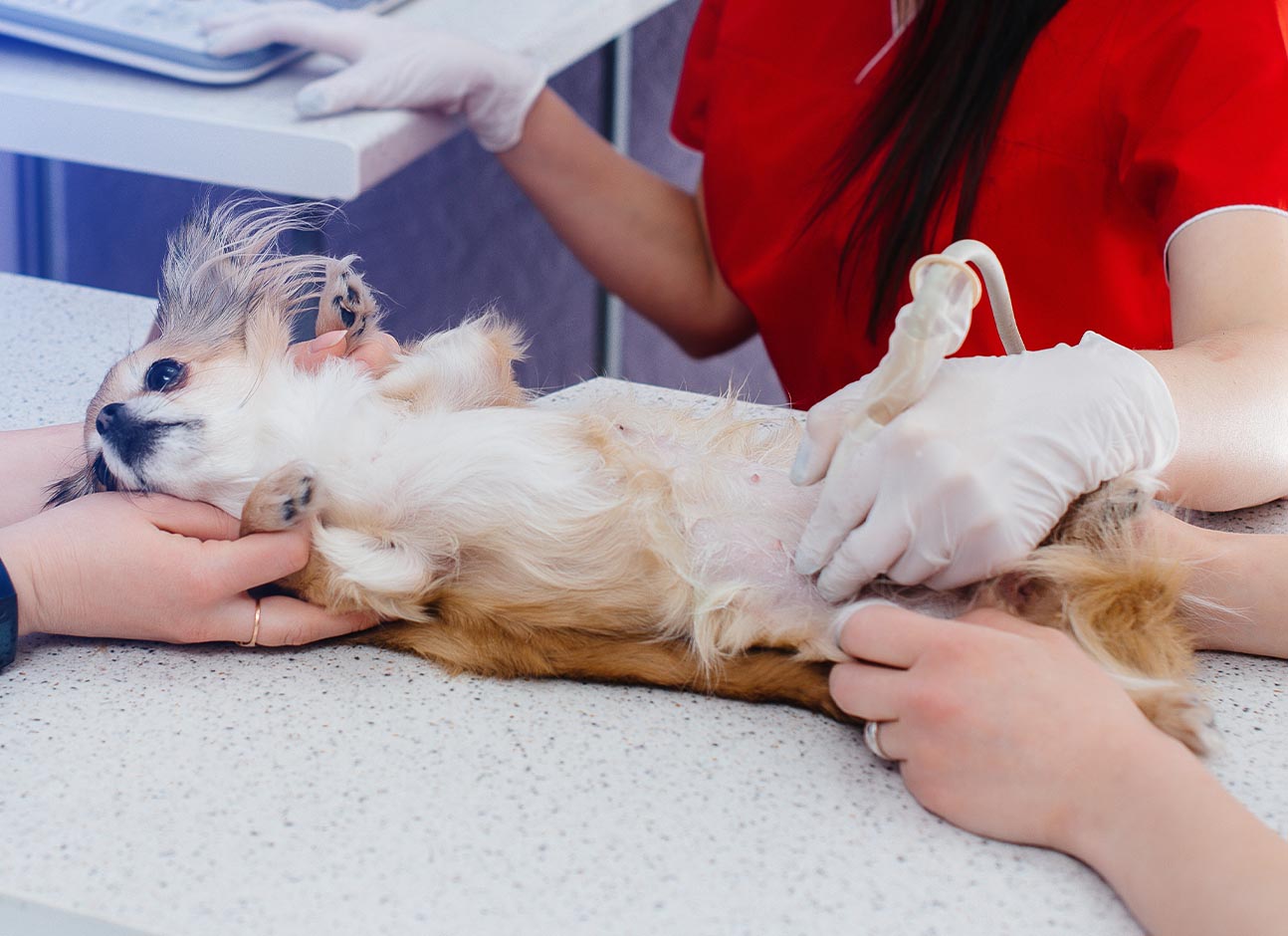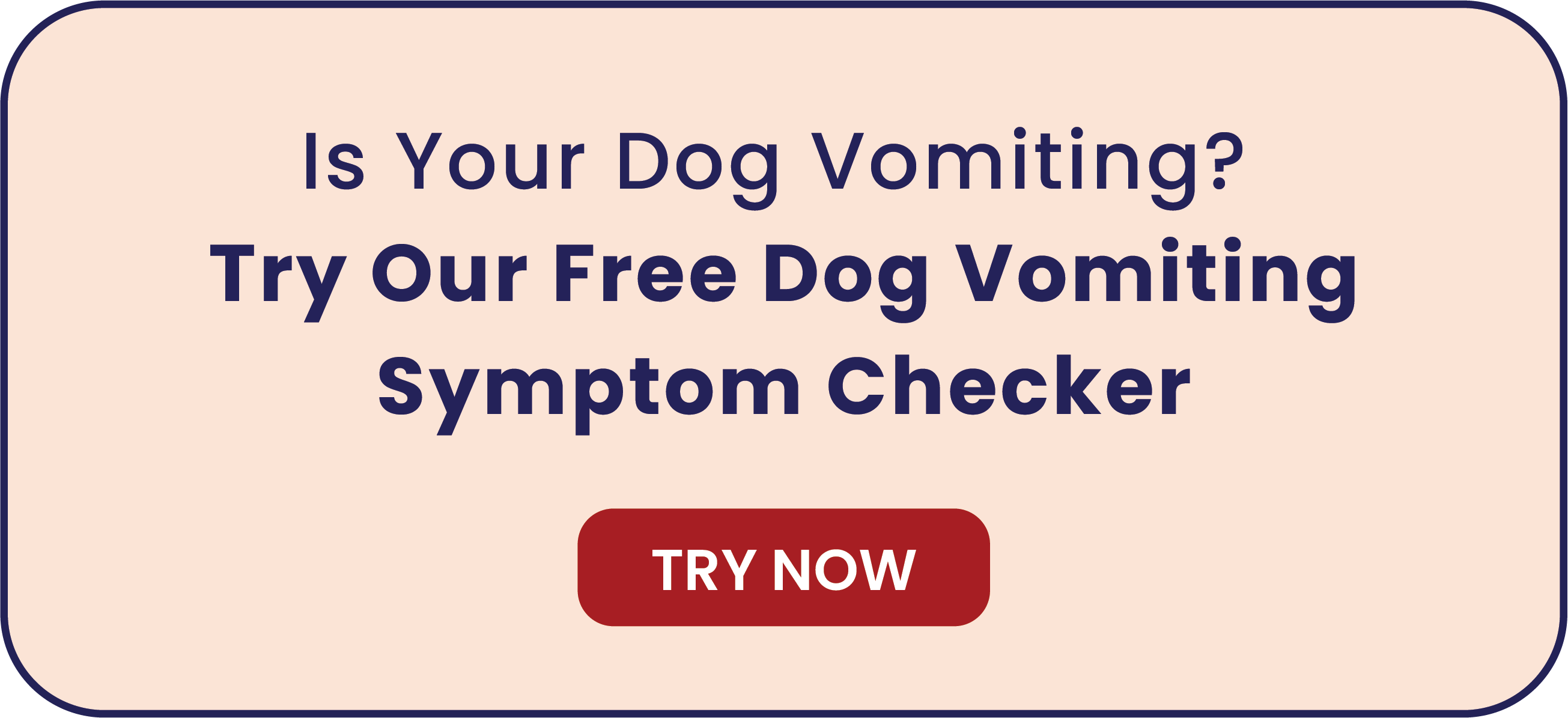Salmonella is a bacteria found in the intestines of dogs and other animals. It can cause diarrhea, vomiting, and fever. The symptoms of salmonella will vary from dog to dog and person to person. Some people may not even have any signs at all!
What is Salmonella?
Salmonella is a bacteria that can infect your dog’s stomach and intestines, causing diarrhea, fever and vomiting. It may not cause symptoms until the food poisoning has progressed to the point where it requires medical treatment.
Salmonella infection in dogs is most commonly caused by eating raw eggs or unpasteurized milk products (such as yogurt) but can also be caused by other foods such as beef, poultry and fish.
Can dogs get salmonella?
Yes, your dog can get salmonella. Salmonella is a bacteria that lives in the intestinal tract of animals and can also be transmitted to humans who come into contact with infected feces or raw meat. Dogs are no exception to this rule; they, too, can become infected if they eat contaminated food, water or soil. Salmonella bacteria do not cause illness in all dogs. Still, some breeds may have an increased susceptibility to infection, such as Labrador Retrievers and German Shepherds, due to their size (the larger dogs tend to consume more prey items) and breed predispositions towards certain types of foods (e.g., grain-based diets).
Causes of Salmonella in Dogs
Salmonella is a bacteria that can be found in raw meat. It is also found in the gut of some animals, including humans and dogs.
Salmonella can be spread by contact with infected animals or people carrying the disease. This means that if you touch your dog’s nose to another animal’s mouth (for example), you may get salmonella on your hands from them.
Salmonella Symptoms in Dogs
Salmonella symptoms in dogs are generally similar to those seen in humans. The most common signs of salmonella infection include diarrhea, vomiting and fever. In addition to these symptoms, your dog may experience lethargy or fatigue and increased thirst (polydipsia).
How to Treat Salmonella in Dogs
Salmonella can be treated with antibiotics. Antibiotics are given in tablet form or by injection, depending on the severity of the infection. The dog should be kept hydrated and warm and treated for dehydration (loss of energy). Diarrhea and vomiting may also need treatment, but this depends on other factors, such as the age and weight of your pet. If you suspect your dog has salmonella poisoning, contact your vet immediately!
Prevention of Salmonella in Dogs
Salmonella can be transmitted through the fecal-oral route. You can help prevent salmonella in your dog by following these precautions:
• Feed a high-quality diet. If you feed raw meat or poultry and commercial pet foods, ensure they are free of salmonella contamination.
• Wash your hands after handling raw meat, eggs and other food items that may contain germs that could harm dogs. This includes unwashed vegetables and fruits like onions and strawberries, which may harbor bacteria from previous meals prepared by someone else who had no idea what they were doing!
Conclusion
Salmonella is a bacteria found in the intestinal tracts of animals, but not all dogs are susceptible to it. The most critical factor in determining whether or not your dog has been exposed to salmonella is the time they spend outside and its diet. If you’re concerned about your pet’s health, talk to their vet immediately!
Early detection equals longer, healthier lives. Delve into our Wellness Exams to see how we can help.


